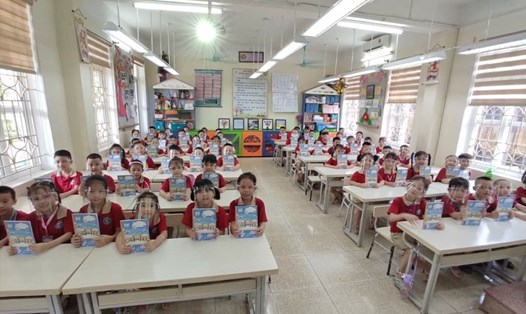There are many cases where parents often scold or give "steel" disciplines if their children violate. However, parents should be skillful in handling and, depending on each case, take some actions of concern and encouragement to help their children regain their spirit as well as avoid psychological damage.
Dedicate your own space
In the face of parents' anger at their children's mistakes, give them a private space where they can reflect and take responsibility for their actions. Letting children have their own space will also help parents control anger, frustration and can lead to harsh words and actions towards their children.
According to famous American psychologist Daniel Koh, a private space will help children and parents feel secure and discuss and find solutions to problems in a better direction. This also helps reduce the possibility of children being too scared, avoidant, and possibly causing mental damage to them later.
Saying words of love and encouragement in a timely manner
When children are disciplined by their parents, they will become self-conscious and have negative thoughts that their parents no longer love them.
This thinking can easily cause children to take spontaneous actions that parents find difficult to control. Therefore, with advice from psychologists, parents should clearly explain the mistakes their children make and the consequences.
At the same time, don't forget to encourage them if they see that their children are accepting and trying to change. And loving words from parents will help children not feel inferior and feel marred by the mistakes they make.
Taking children out to relieve stress
According to psychologists at the University of Chicago (USA), after a period of tension between parents and children, taking children out to relax and chatting together will make them more susceptible.
This will also connect the feelings of parents and children and prevent young children from forming a panic and depression. Therefore, parents should show themselves as psychological friends so that their children can easily share and trust them when they need them.










